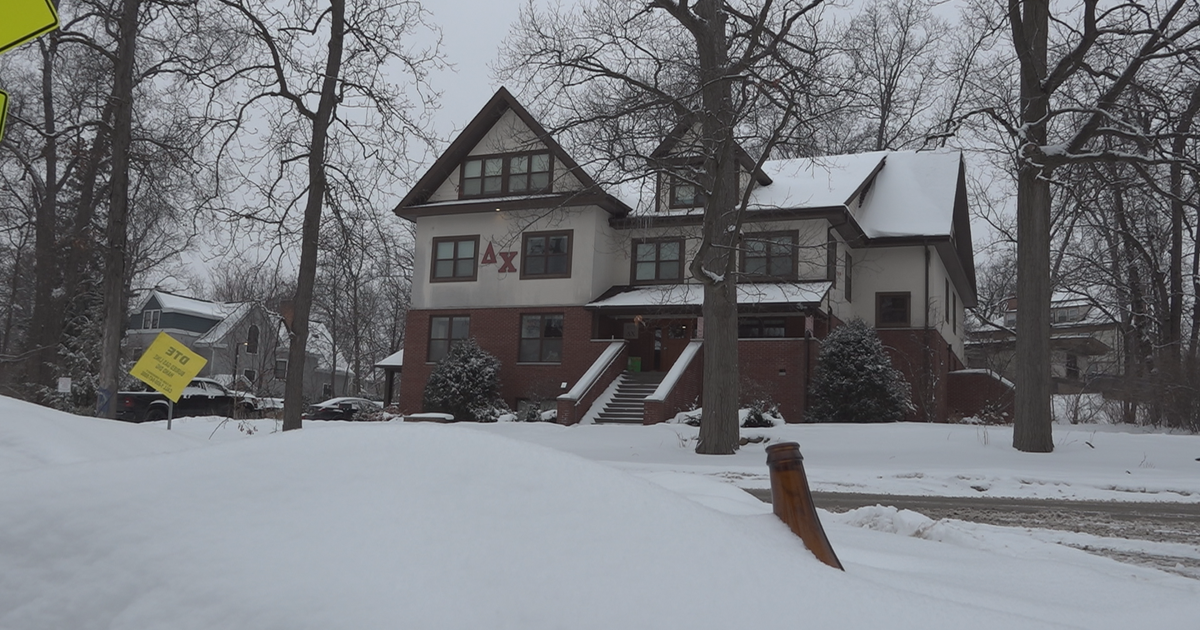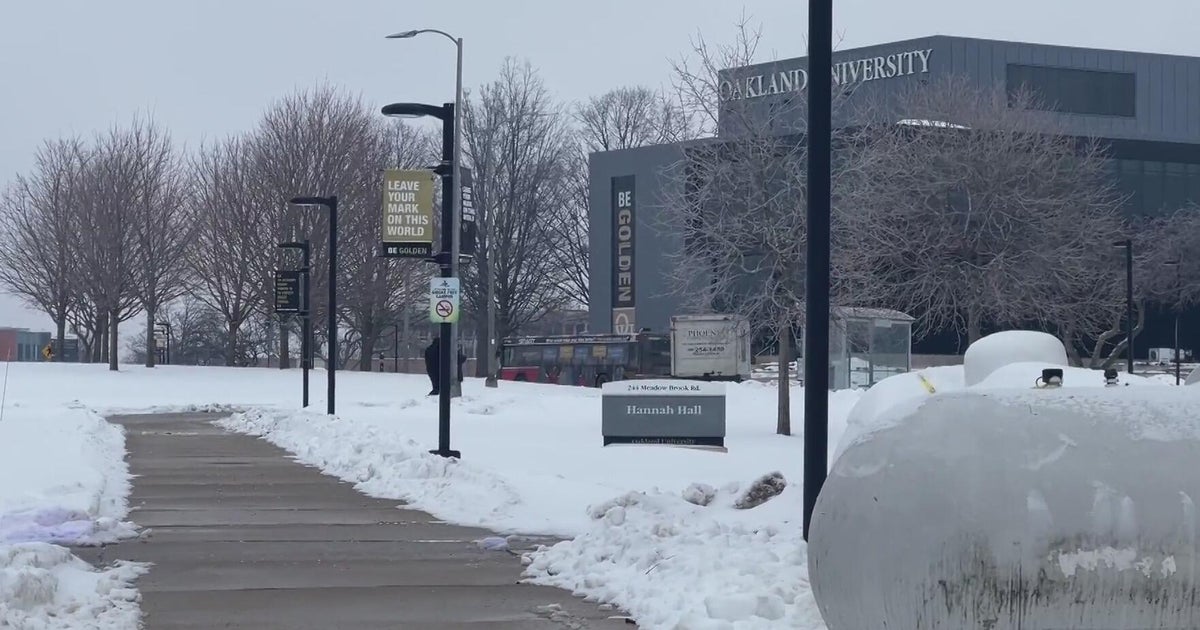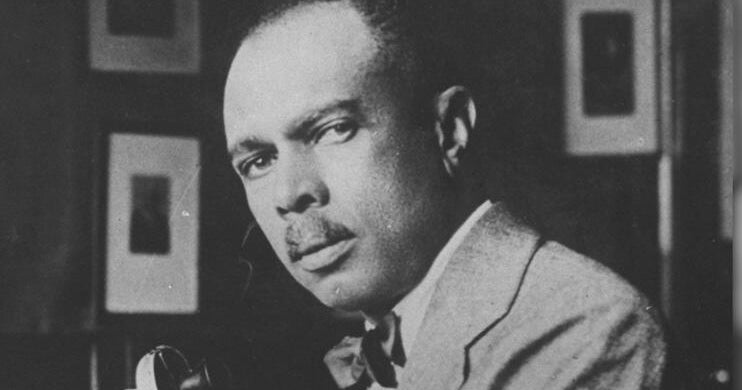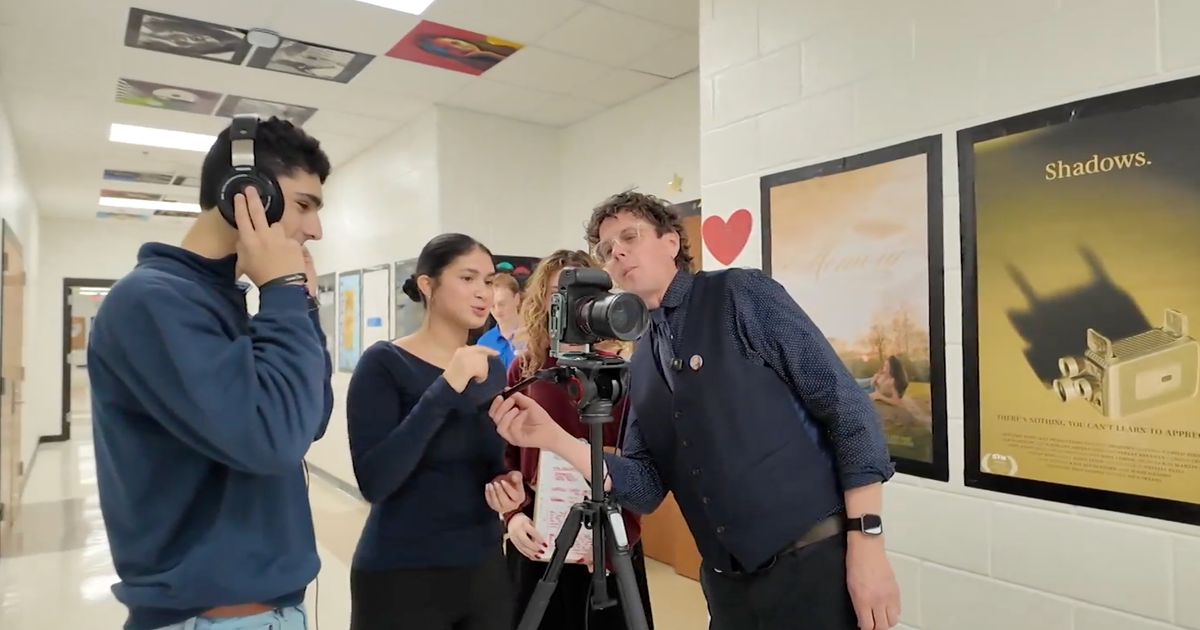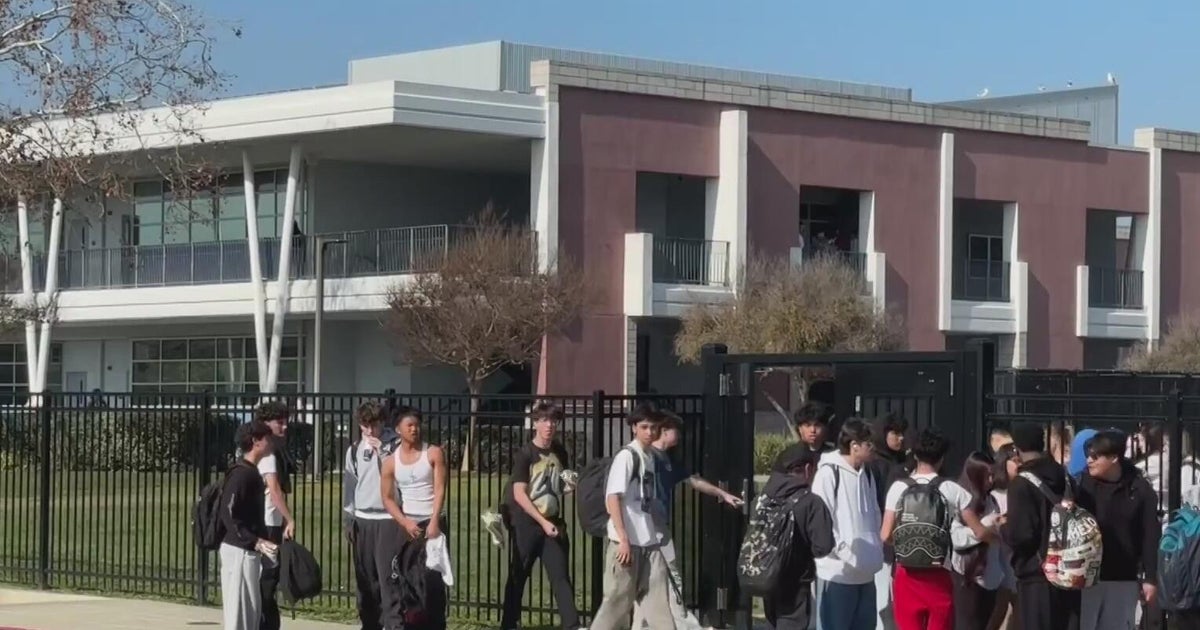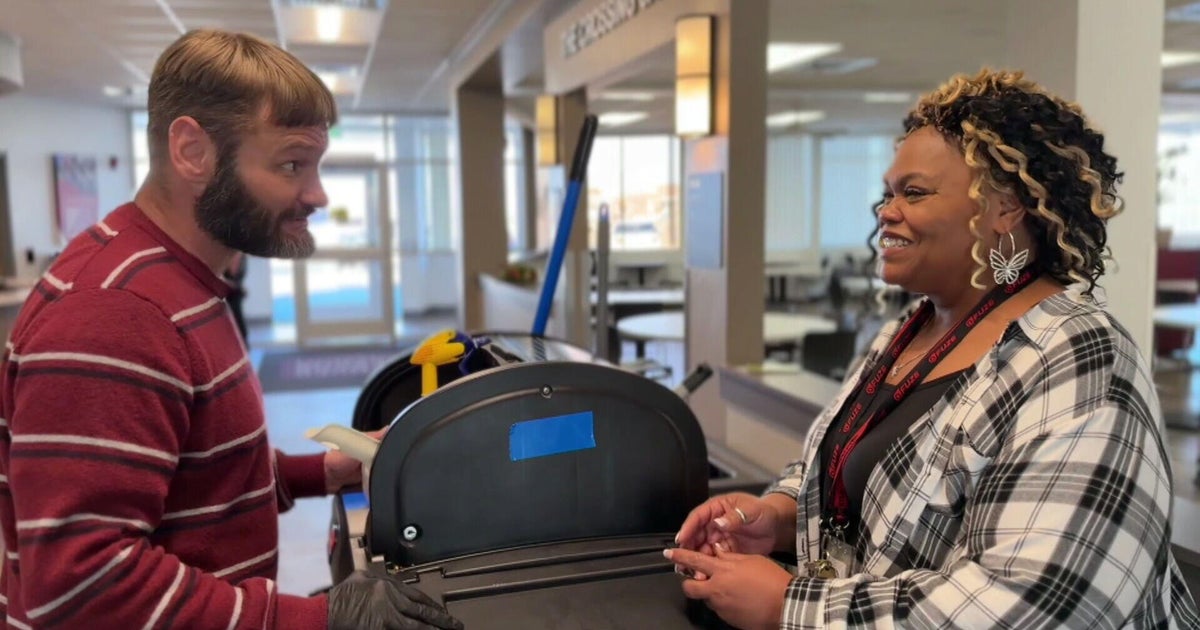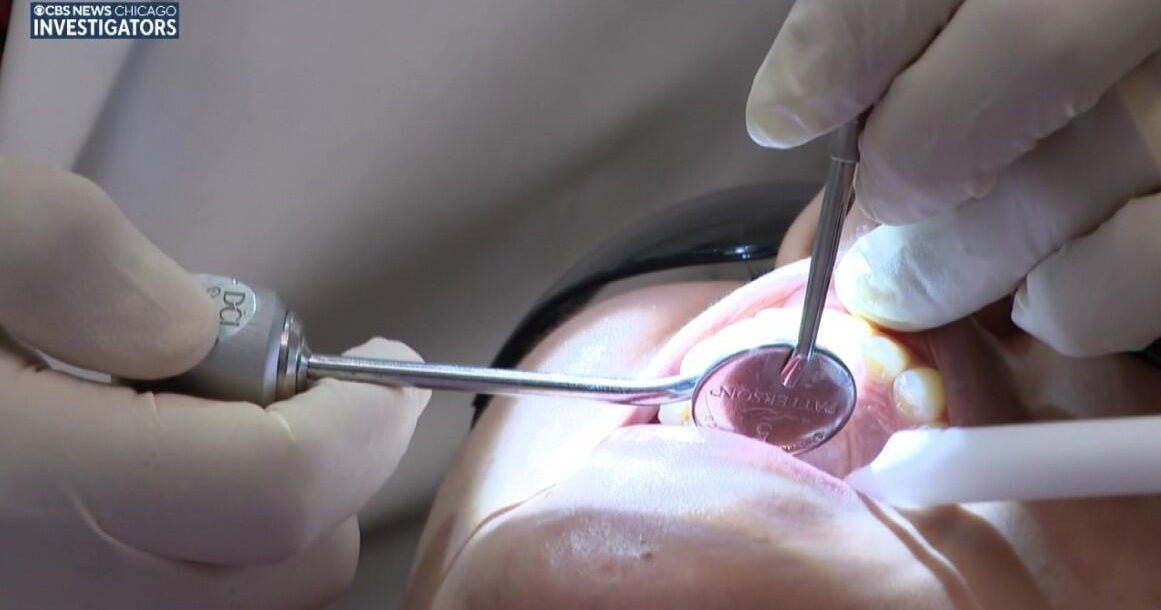Carnegie Mellon University's "CMU Pathway Program" offers students free or loan-free tuition
PITTSBURGH (KDKA) - Paying for college is a struggle that many families face, but Carnegie Mellon University is following a national trend, by launching a unique program in hopes of offering financial relief. Starting next school year eligible students will be able to attend for free or without student loans.
CMU senior, Christopher Berman knows firsthand, the frustrations that come with paying for school.
"It is a stressful process," Berman said.
It's something, sophomore, Isabel Weintraub, knows all about too.
"I know a lot of students who have to say no to a lot of universities that they really want and really work hard for and deserve to be at and deserve to get that education," Weintraub said.
The university is hoping to reduce these obstacles by launching the CMU Pathway Program.
Under it, new and returning undergrads whose families earn less than $75,000 a year will be able to attend the university tuition-free, and those with families earning less than $100,000 a year will be able to attend without borrowing any federal student loans. Instead, the school will replace them with additional institutional grants.
Students must be enrolled at the Pittsburgh campus and be either a U.S. citizen or permanent resident of the U.S.
Otherwise, there will not be a limit to the number of participants.
Brian Hill is the associate vice provost of enrollment management.
"We have been slowly growing our financial aid budget, and we're just now at a point where we feel like we can sustain it and be public about it," Hill said.
Hill said about 45 percent of their students receive institutional aid, and about two-thirds of them would be able to benefit.
Currently, undergraduate tuition at CMU costs more than $64,000, and with housing and food it's around $84,000, not counting the additional costs of textbooks and supplies.
"We realize that the cost of going into a higher education is pretty significant," Hill said.
Hill said they've realized that higher education costs are impacting students' decisions on where they go to school.
Also, the timing comes after the FAFSA problems last year that caused delays in some colleges offering financial aid.
"We know that applications were down significantly. Across the country, roughly 10% of fewer students applied for financial aid you know high school seniors," Hill said.
They're curious to see how the new program affects the diversity of students who decide to apply and provides some necessary relief to the whole application process.
"College is very expensive, so I think it's really good what they're doing now," Berman said.
According to CMU, the university has bolstered investment in undergraduate financial aid by more than 86 percent in the last 10 years and cut the debt burden for recent graduates by nearly 30 percent in the last five years.
